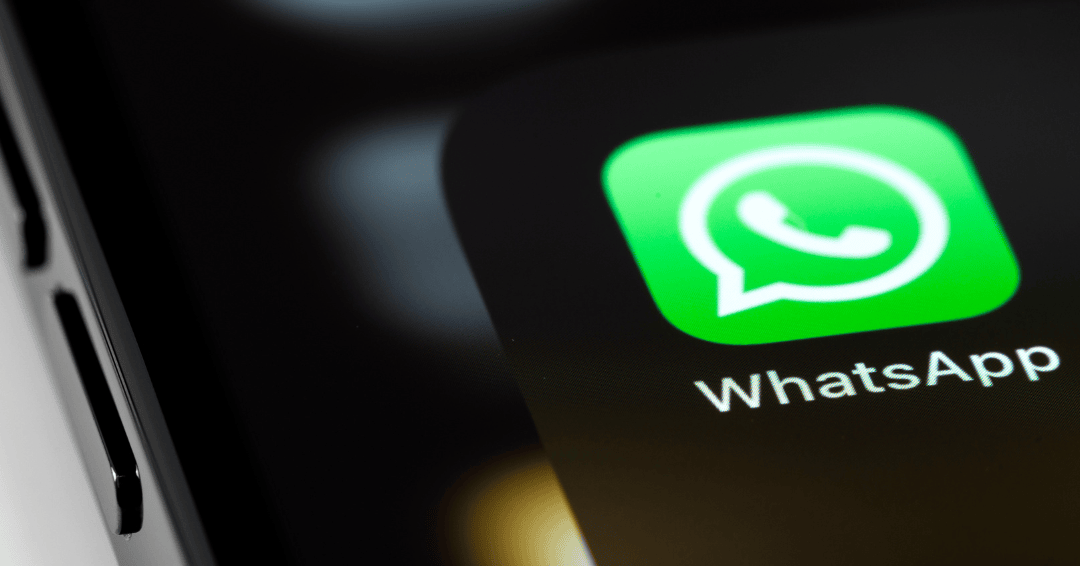Communication methods worldwide have vastly transitioned to messaging platforms such as WhatsApp, meaning legal professionals find themselves dealing with more and more digital evidence.
WhatsApp messages have proved crucial in both defence and conviction strategies, meaning they can play a vital role during a case.
Successfully leveraging WhatsApp messages as evidence in court counts on proving authenticity. After ensuring authenticity, messages can be used as digital evidence to add more colour to a defence.
Throughout this blog post, we explore the importance of authenticity in more detail, how to record WhatsApp evidence for court and submit digital evidence as part of a case.
Understanding the importance of authenticity
Before looking into how to submit WhatsApp messages as evidence in court, it's essential to emphasise authenticity's critical role in digital evidence.
Courts require proof that the presented evidence is genuine and unaltered to be accepted as legitimate evidence.
What does this mean for WhatsApp messages? It entails preserving metadata, including crucial information like timestamps, contact details and message content. There must be more than just a contact name above a message to rule it as authentic, as contact records can easily be altered on a device.
All messages must have also been obtained legitimately, without privacy or security breaches.
Failure to maintain or prove authenticity will likely render your evidence inadmissible in court, highlighting the need for meticulous recording methods.




